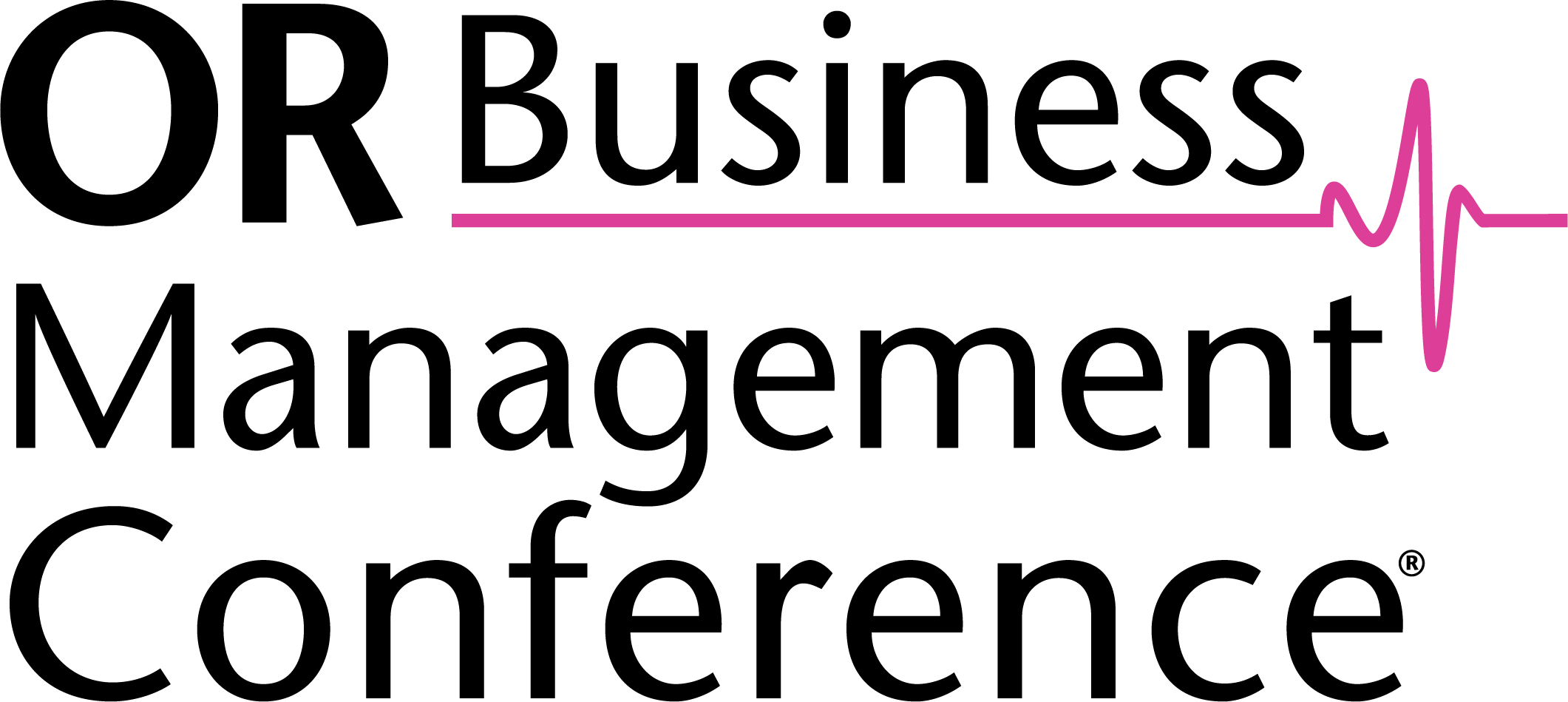
Editor's Note The Food and Drug Administration (FDA) has issued a series of early alerts this month regarding high-risk recalls from several leading medical device makers, citing patient safety risks ranging from pump failures to vascular complications. These alerts highlight issues with products from Johnson & Johnson’s (J&J’s) Abiomed unit,…

Editor's Note The US Department of Justice (DOJ) has conducted the largest healthcare fraud takedown in US history, charging 324 individuals, including 96 licensed medical professionals, in schemes totaling more than $14.6 billion, HealthCare Business News July 8 reports. The nationwide crackdown involved 50 federal districts and 12 state attorneys…
Editor's Note Most US health systems are choosing artificial intelligence (AI) tools from vendors already connected to their electronic health record (EHR) systems rather than from new, standalone AI startups, Modern Healthcare August 14 reports. The findings come from a July survey of 233 health systems conducted by the Healthcare…

Editor's Note Zimmer Biomet is taking a strategic step to dominate the ambulatory surgery center (ASC) market by partnering with Getinge to distribute surgical and infection control products, broadening its offering beyond implants and robotics, MedTech Dive July 14 reports. The partnership would provide ASCs with a single-source solution for…

Editor's Note Baxter has issued a correction notice for its Novum IQ Large Volume Pump (LVP) after identifying a serious risk of underinfusion linked to the device’s standby mode and power-off conditions. First published on April 24 on the Food and Drug Administration (FDA) website and subsequently reported by Healthcare…

Editor's Note Ambulatory surgery centers (ASCs) across the US have quickly adapted to the new federal requirement mandating participation in the Outpatient and Ambulatory Surgery Consumer Assessment of Healthcare Providers and Systems (OAS CAHPS) Survey, according to a March 2025 "60-Second Survey" from ASCA. The survey captured responses from 261…

Editor's Note Constitution Billing and Financial Services (CBFS), the revenue‑cycle arm of Constitution Surgery Alliance (CSA), has signed a commercial agreement with health tech startup Milagro to deploy its autonomous medical‑coding platform across CSA’s 26 partnered and managed ambulatory surgery centers (ASCs). The partnership was announced in an April 4 CSA press…

Editor's Note Investor interest in ambient AI clinical documentation is surging, with venture funding for AI scribe companies reaching $292 million in 2024—more than triple the $87 million seen in 2023, according to a February 11 article in Modern Healthcare. Attributing the $292 million figure to a report from research…

Editor's Note In this session, Deb Yoder, MHA, BSN, RN, CNOR, CASC, vice president of facility development, Compass Surgery Partners, provided a comprehensive overview of selecting, implementing, and managing service lines in ambulatory surgery centers (ASCs) while considering factors such as block time utilization, staff readiness, equipment needs, financial viability,…

It is with great pleasure that we welcome you to the 2025 OR Business Management Conference, taking place from February 10 to 12 at the Saddlebrook Resort in Tampa, Florida. We hope you will make the most of this premier event, which is dedicated to equipping perioperative business leaders with…